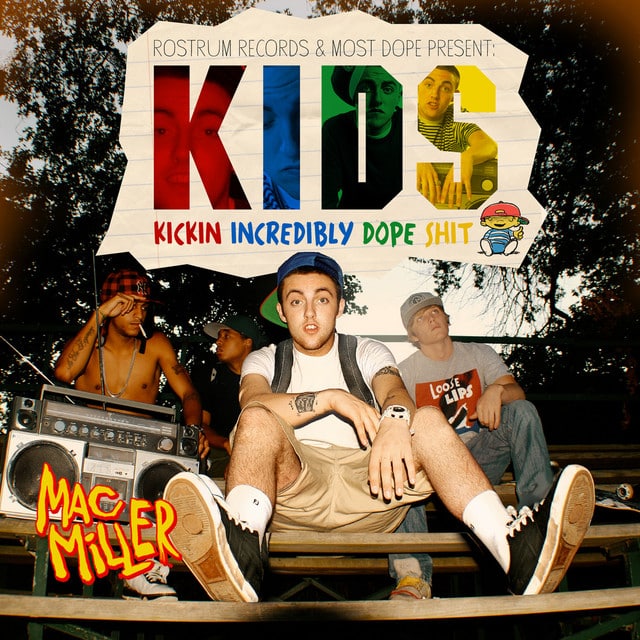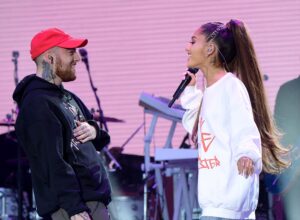Released: 2010
One of the classic gems in Mac Miller’s catalog, “Knock Knock” celebrates youth, ambition, and the audacity of a rapper striving to turn his dreams into reality. While the song might initially hit you with its infectious beat and catchy chorus, the lyrical depth of “Knock Knock” manifests Mac’s struggle, optimism, and his hustle that went beyond just his high school years.
The chorus of “Knock Knock” sets the stage, introducing us to the “crazy-ass kids” who are knocking at the door, demanding recognition. These “crazy-ass kids” are figuratively Mac and his peers – young, rebellious, and brimming with unwavering determination. The repetition of “let ’em in” could be seen as a plea to the established hip-hop industry, which often shrugs off fresh talent, to open its doors to these unconventional kids, and let them show the world what they got.
The first verse is a defiant proclamation of Mac’s self-made journey. Miller might feel like “a million bucks,” but acknowledges that his bank account doesn’t mirror his internal valuation yet. It’s an ode to every hustler who believes in their worth before the dollars start rolling in. His reference to building his own “damn buzz” while still in high school underscores his commitment to his craft from an early age.

Still on the first verse, the lines ‘New kicks give me cushion like Whoopi // Keep a smile like an Eat’n Park cookie’ is classic Mac Miller wordplay. Here, he’s referring to Whoopi Goldberg’s character in ‘Ghost’ who used a ‘cushion’ to swindle money, and ‘Eat’n Park’ is a popular restaurant in his hometown Pittsburgh, known for giving out smiley cookies. Beyond just the cleverness, it paints a picture of his roots and upbringing.
His second verse reinforces his independence – even if he doesn’t own a fancy car, he’s content with his Honda because he knows his value comes from his talent, not material possessions. Mac cleverly slides in a reference to Anaconda’s, emphasizing his pursuit of long paper – an obvious slang for huge wealth.
The latter part of the second verse reflects the glamour and the allure of the rapper lifestyle – the applause, the screaming fans, and the adoration of “pretty little girls.” Yet, Mac never loses sight of his journey and grind, alluding to his cross-country travels and enduring law enforcement’s scrutiny.
The third verse kicks in with Miller’s pledge of authenticity, juxtaposed against the infamous lip-syncing duo Milli Vanilli. It’s a shout-out to keeping it real in a landscape often marred by pretensions. He doesn’t shy away from his youthful indiscretions, admitting a lust for weed, women, and alcohol. These vices are, after all, part of the hip-hop narrative, and Mac owns them completely. The mention of “dead presidents” refers slang to money, as dollar bills have portraits of past US presidents.
The closing verse is Mac’s ode to his hedonistic lifestyle and defiance of societal expectations. High on his dreams and indifference to conventional employment, Mac accents that he is content and “feels great”. His refusal to conform to norms and follow the traditional path to economic stability is both a declaration of his freedom and a middle-fingered salute to societal convention.
In conclusion, “Knock Knock” isn’t just a catchy hip-hop number. It’s an embodiment of Mac Miller’s spirit, his resilience, and audacity to knock at life’s door until it opened for him. Peppered with cultural references and lyrical intricacies, “Knock Knock” is often seen as the embodiment of an audacious generation that believes in knocking at the door of opportunities until they “let ’em in.”







